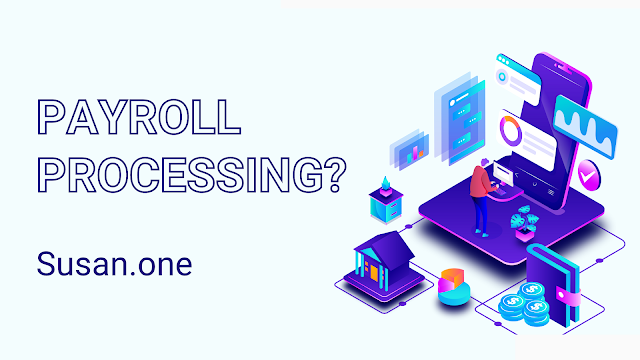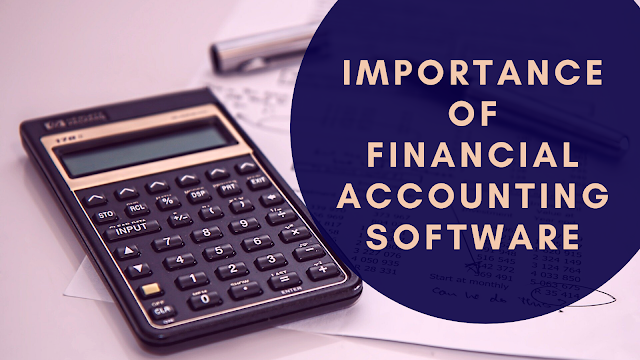What Is Payroll Processing?
Payroll processing is the process of issuing paychecks to employees on a regular basis, as well as reporting the taxes paid to the appropriate government agencies on time and accurately. For many companies, payroll processing can be somewhat confusing and overwhelming, even if you know that you’re handling it correctly. To simplify things, we have developed fast accounting software specifically for the Philippine market. Also, here are some of the most common questions about payroll processing that people ask frequently and answers to help clear things up for you.
Overview
Whether you run a small business or are an employee at a large corporation, payroll can be confusing. Payroll transactions come in from employers and go out to employees—or multiple employees—either through direct deposit, check, or money order. The process of handling these transactions is called payroll processing. If you’re responsible for handling payroll at your company, don’t worry: We’ve got a guide for you. For starters, read about what payroll processing is and how it can affect your business.
Why should you not reverse payroll?
When a late payment hits your account, it’s natural to want to reverse that transaction. But in most cases, that would be a mistake. Here’s why: When employees are paid late, they can quickly fall behind on bills and other expenses they depend on to get by each month. Can payroll be reversed? It depends: Sometimes yes, sometimes no.
Is there a guarantee that I will get paid my paycheck even if my employer doesn’t pay right away?
Yes, payroll can be delayed and even reversed by your employer—but not without consequences. Payroll processing is a long-term contractual agreement between you and your employer. By delaying or reversing your payroll, your employer has broken that contract. Some countries require employers to give employees paychecks within a certain number of days after an employee’s pay period ends, but these laws vary by country.
Can my employer dispute a payment request once it has been submitted?
Your employer can dispute a payment request once it has been submitted. Payroll processing refers to all of those activities that go into preparing, issuing, and disbursing payments in a payroll system. Quite often there are many people and systems involved in these activities. For example, when you are paid your wages, they must be taxed before they can be paid to you. One of the options is to hire an outside firm to handle all of their payroll processes but more innovative companies are using Susan.One payroll system to be able to do it in-house easily.
What do I do if the amount requested was less than the final amount owed by my employer (as calculated by the employer)?
If your employer makes a mistake with your paycheck and you don’t catch it until after payday, there’s not much you can do. Your next paycheck will include a correction of that overpayment and an adjustment of your net pay to reflect only what was actually earned. If no adjustment is made in subsequent paychecks, it could wind up costing you money so you must definitely want to communicate it to your employer.
My company is closing due to the Corona crisis - what should I do with my outstanding employee payments request(s)?
A common concern among business owners who are closing their company or temporarily halting operations is how to handle outstanding employee payments requests (i.e., checks and direct deposits). Since your business isn’t operating, you won’t have any more employees to pay. Your concern may be how to proceed with outstanding requests without funding them yourself. I highly recommend contacting the government agency to find out the best possible solution for your employees because they have been the heart of your business!




Comments
Post a Comment